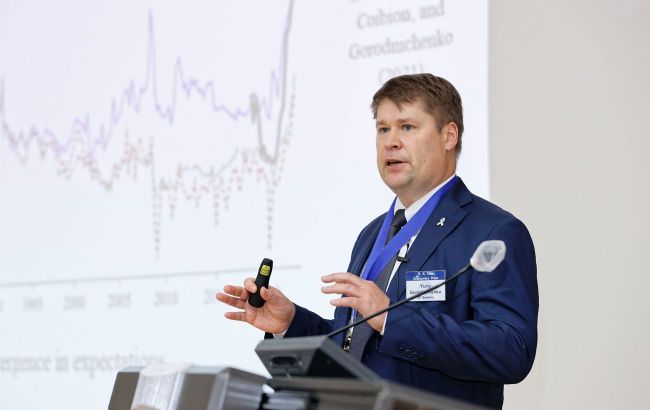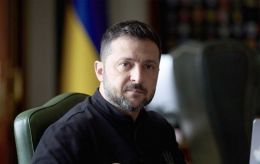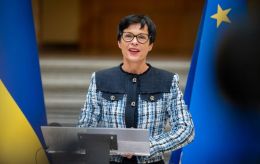Why anti-Russian sanctions are stalling: Economist's explanation
 Economist Yuriy Gorodnichenko (Photo: twitter.com YGorodnichenko)
Economist Yuriy Gorodnichenko (Photo: twitter.com YGorodnichenko)
Time is the main obstacle to the effectiveness of international anti-Russian sanctions, as Russia has the opportunity to prepare and adapt to the new conditions, stated Yuriy Gorodnichenko, Professor of Economics at the University of California, Berkeley, and advisor to the governor of the National Bank of Ukraine, in an interview with RBC-Ukraine.
What is the main problem with sanctions
"The main problem with the sanctions lies in their philosophy, which was built on the principle of gradually stifling the Russian economy. The hope was that through "a thousand cuts," the aggressor's economy would collapse," explains the professor.
Yuriy Gorodnichenko emphasized the importance of effective sanctions, especially in the energy sector. In his opinion, the main problem with the existing sanctions is their gradual implementation, which gives Russia time to adapt and find workarounds.
It is necessary to change the philosophy of sanctions to a more radical strategy, starting with the most severe restrictions and continuously pressuring the international community to strengthen them, the scholar stated. He supported the idea of a total embargo on Russian energy resources, similar to measures previously applied to Iran and North Korea.
"Perhaps not all countries will join these sanctions, but in my opinion, there should not be such things, for example, when Raiffeisen has been working in Russia for the third year since the start of the full-scale war, financing the aggressor state," Gorodnichenko said.
In his opinion, a tougher approach to sanctions requires appropriate political will from Ukraine's partners.
On June 24, the EU introduced the 14th package of sanctions against Russia. The sanctions are aimed at businessmen, propagandists, representatives of the Russian armed forces and judiciary, those responsible for the deportation of Ukrainian children, and Federal Security Service officers.

